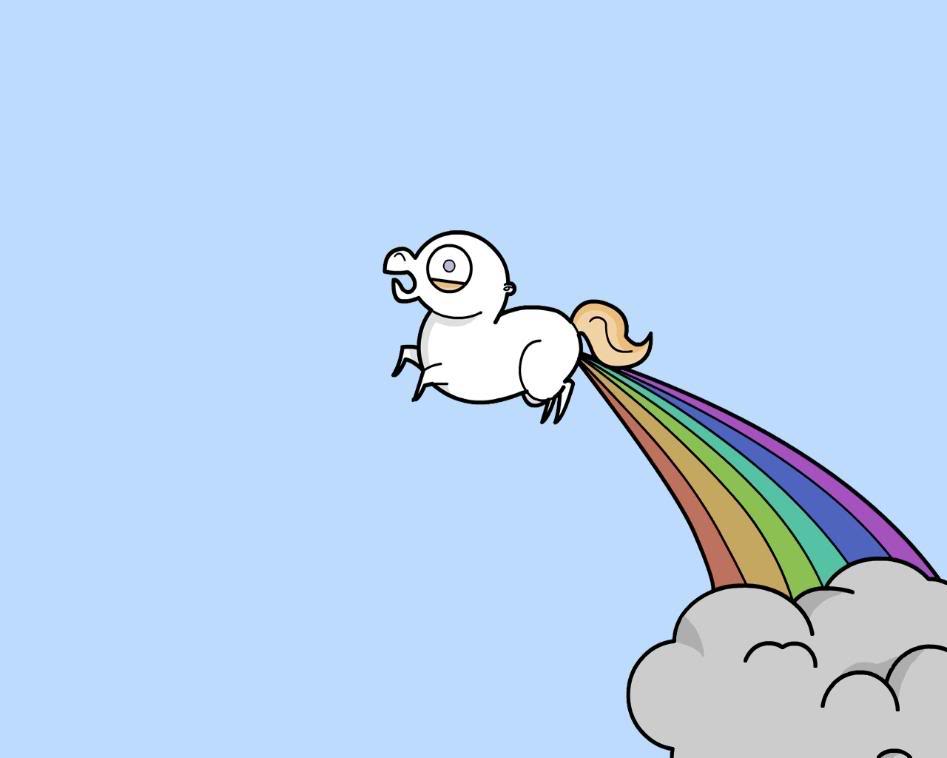The political upheaval, social unrest, and economic chaos during the pandemic has changed the way we all live, arguably more than any other event in recent history. It is unprecedented because, unlike previous hardships we have faced, the end of the pandemic is not readily apparent, and as we enter November– the ninth month of the pandemic– it is clear the changes in the American lifestyle are here to stay.
Among the groups most affected by pandemic changes are college students. Student unemployment rates have soared since the pandemic. As dorms close, many students are forced to return home, which can be especially problematic when not every student’s household is a healthy environment. The academic world is forced to resort to online classes, which can be a stressful experience for many reasons: students struggle to focus during class and retain the information afterward.
Procrastination is much easier when you are sitting in your house; I have even missed a deadline for a test in one of my classes because I didn’t realize it was due! Such mistakes are much harder to make in a physical class. Socializing with your classmates is a real pain, as well; whenever my professor breaks everyone into groups there is this tragically awkward silence as we all do the work without talking to each other. And the real kick: we all get the privilege of having to pay full price for an online semester. I understand that schools need income in order to operate, but having to pay for a semester plagued with the issues that come with online class certainly leaves a bad taste in my mouth, and I’m sure I’m not the only one.
These issues are compounded by the inability to go outside and by the existential threats we face in the form of the pandemic and climate change. What ends up manifesting is what many call the “pandemic depression”. The CDC reported in August that young adults were among the groups disproportionately affected by mental health conditions, and 40% of Americans reported struggling with mental health or substance abuse. The issue that many are predicting now is that this “pandemic depression” is about to collide with a condition known as Seasonal Affective disorder (SAD), a form of seasonal depression associated with the lack of sunlight and outdoor recreation during the winter months. Since many of the symptoms of SAD overlap with those of the pandemic depression, we are anticipating a very challenging season where those already affected by SAD will feel their symptoms compounded by the pandemic, and more people, in general, are expected to experience SAD.
The pandemic has been challenging because of the uncertainty of the situations it has wrought. This issue, at least, is one that we can see coming. The question, then, is how can we prepare for the coming season?
Recognize how depression affects you. Self-awareness is an important skill that will help maintain your mental health, as discussed in my first blog post. The symptoms of depression manifest themselves on a case-by-case basis. If you are able to recognize the indicators that you are entering a depressive episode, you will at least feel prepared and in somewhat control of the situation, and increase the amount of self-care in your life accordingly.
Sunlight is key. Cabin fever and a lack of sunlight are the key factors of SAD. It’s a challenge to go out when the weather is miserable and the temperatures are cold, but if you’re feeling a lack of energy or motivation, it might be worth trying a vitamin D supplement or changing your schedule so that you spend more time outdoors during the day. Of course, the challenge is finding things to do that are COVID-safe, but outdoor recreation is generally safe as long as you use common sense and follow the general COVID guidelines as set by the CDC.
Socializing is important (but be careful!) Another major challenge of the pandemic is the social starvation we all face. One symptom of SAD is a desire to further isolate oneself from others, but it’s important that you interact with others. We are social beings after all, and interacting with others can help satisfy your psychological needs. Apps such as Discord or Skype which basically act as group calls are great ways to chat with your friends and socialize safely.
You can find all of our active coupons at this link. Redeem them here:
By Sebastian Ortega
Sebastian is a student at the Fashion Institute of Technology, where he majors in Fashion Business Management. He’s worked behind the scenes of New York Fashion Week with the company Nolcha Shows, and in the office of Elrene Home Fashions. Someday, he hopes to be able to make his own claim in the fashion industry by starting his own business.
For over 20 years, the Campus Clipper has been offering awesome student discounts in NYC, from the East Side to Greenwich Village. Along with inspiration, the company offers students a special coupon booklet and the Official Student Guide, which encourages them to discover new places in the city and save money on food, clothing, and services.
At the Campus Clipper, not only do we help our interns learn new skills, make money, and create wonderful e-books, we give them a platform to teach others. Check our website for more student savings and watch our YouTube video showing off some of New York City’s finest students during the Welcome Week of 2015.













